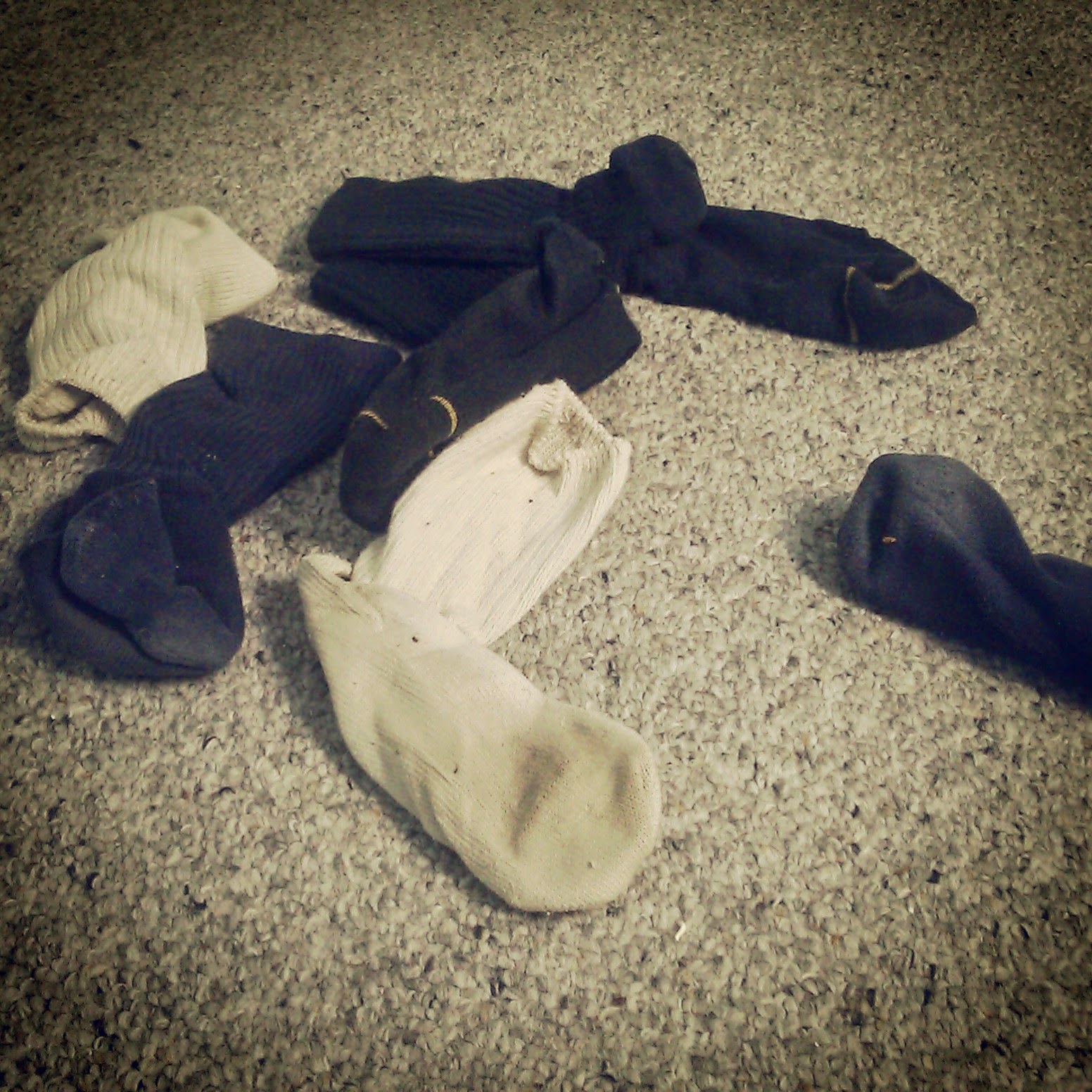(Adapted from Rev. Christine Robinson)
God bless all the fathers who drive kids to games,
Who help with science projects
Who fix breakfasts, or dinners,
Who explain how babies are made
and baseball’s dropped-third-strike rule,
who read Goodnight Moon, or Dr. Seuss, or Captain Underpants, over and over and over again.
We pray for the fathers serving in their country’s military, for the sake of their children’s safety,
and for the fathers who work a second job, for the sake of their children’s needs,
and for the fathers who manage the accounts and balance the household books while their families sleep.
We pray for beleaguered fathers and happy fathers,
Rich fathers and poor fathers,
Healthy fathers and challenged fathers.
Bless the fathers who made homes for the babies they fathered,
who married and stay married for the children's sake,
and bless those who stay in their kids’ lives in spite of divorce.
Bless also the fathers who are excluded from their kids’ lives,
and the fathers who did not want to be fathers but never forget,
and for those fathers whose longed deeply for children and finally got them and cherish them –
and whose children are their greatest joy.
Let us pray for grandfathers who watch the kids while parents work,
who tell their grandkids about the old days, when telephones were only for talking to people,
and who teach them how to use a saw, make a kite out of newspaper, and make an ice cream soda,
and try again to explain baseball’s dropped-third-strike rule.
And let us pray also for boyfriends, step-fathers, foster fathers, and adoptive fathers, who do the same.
We pray blessings upon the fathering men who faithfully, appropriately, and, sometimes fearfully, lead scout troops, coach teams, and teach Religious Education classes
We also hold in prayer the men who wanted to be fathers and never were.
Our prayers are with the fathers who bite their lip and clamp their mouths shut when their 14-year-olds dye their hair green or pierce their who-knows-what.
We pray for the fathers whose children have lost their way and won't call home,
whose kids can't hear their wisdom
or their love
or their anguish.
We pray for the fathers who could never find the words to say how proud they were of their kids who did OK,
and we pray for the fathers who did find those words, and said them.
God bless the fathers who teach their sons to cook and vacuum
and their daughters to sink a jump shot and change a tire
who cheer as much for Megan Rapinoe and Serena Williams
as for Steph Curry and Tiger Woods
and who teach their sons to respect women
and their daughters that they can expect to be respected by men.
God bless the young fathers stumbling through diaper changes and sleep deprivation.
The mature fathers learning to let go.
Gay fathers and straight fathers.
Fathering men, and men who support fathers –
The single fathers going it alone
And the partnered fathers who support their partners – who know when to help, and how, and when not to; when to acquiesce and when not to.
And God bless the women who support fathers – who know when to help and when to let Dad figure it out, when to acquiesce and when not to.
God bless all of you.
Hang in there.
Life is beautiful and difficult, and this world needs you.
God bless all the fathers for making this a more civil, caring and safe place for the Earth’s precious children.
May they know, on this day and always, how much they matter.
Amen.
* * *
This is part 1 of 5 of "Father Earth"
Next:
Father Earth 1: In Case of Rain
Picture by Yesenia603, Wikimedia Commons














